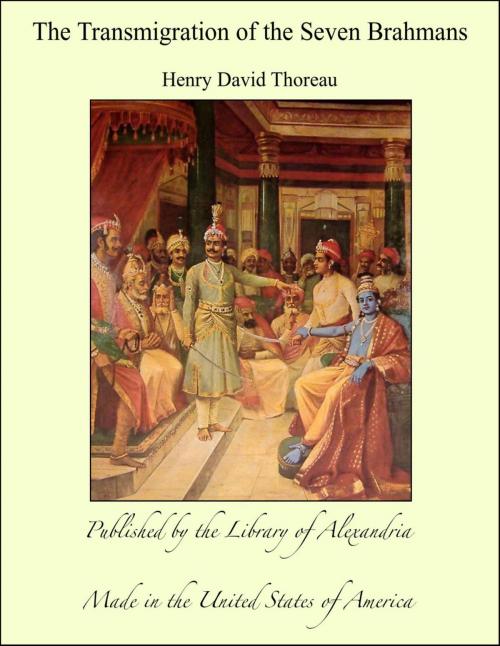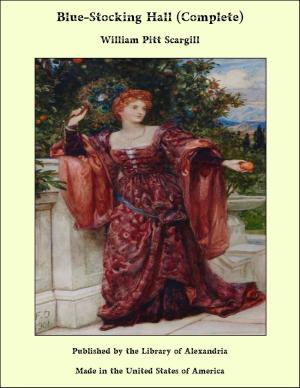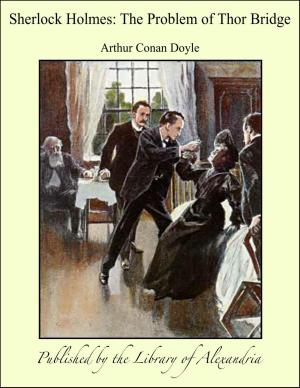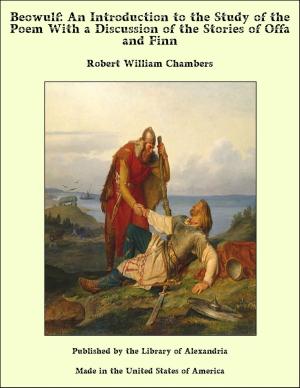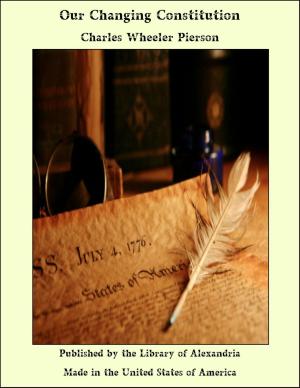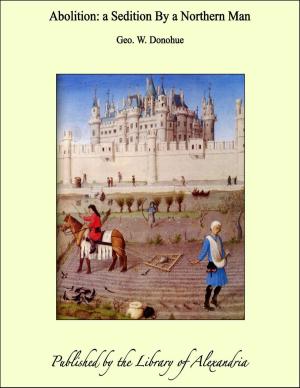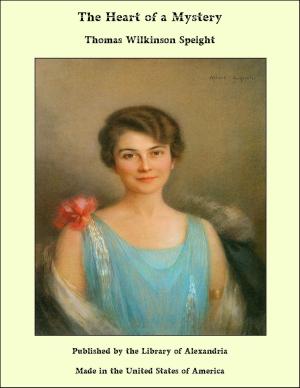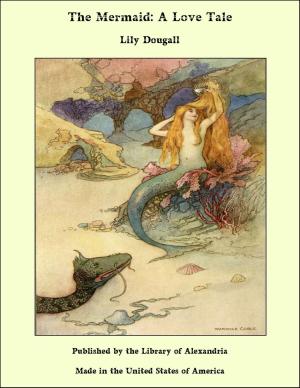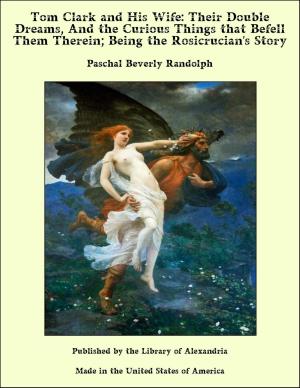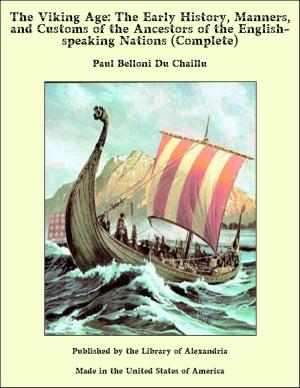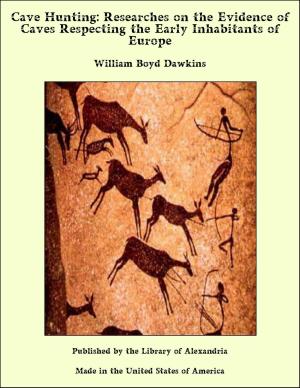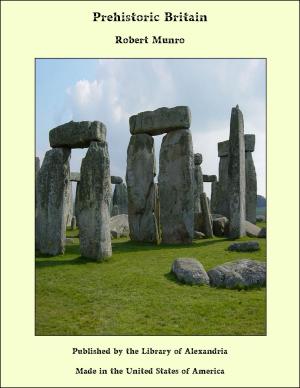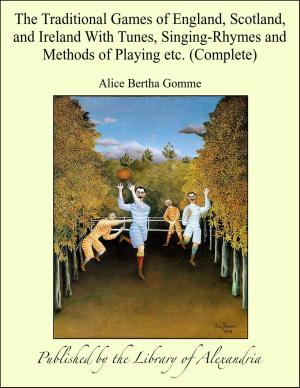The Transmigration of the Seven Brahmans
Nonfiction, Religion & Spirituality, New Age, History, Fiction & Literature| Author: | Henry David Thoreau | ISBN: | 9781465580191 |
| Publisher: | Library of Alexandria | Publication: | March 8, 2015 |
| Imprint: | Language: | English |
| Author: | Henry David Thoreau |
| ISBN: | 9781465580191 |
| Publisher: | Library of Alexandria |
| Publication: | March 8, 2015 |
| Imprint: | |
| Language: | English |
THE fascination which the Orientals possessed for Thoreau is perfectly evident to the reader who skipped no pages in Walden and the Week. The sacred scriptures of the East held his attention through all his creative years, and their effect on his work is so patent that even those who have no eye for inner significance have noticed how interfused is his prose with imported quotations and figures. F. B. Sanborn writes in his biography of Thoreau that it was Emerson who first introduced him to the Orientals. The date is recorded as 1837. Thoreau's Journals indicate that in August, 1838, he had been reading the Persian Zendavesta and Confucius, a fact which corroborates Sanborn. But the extravagant outpouring of praise for the Orientals does not fully commence until 1841. Between 1841 and 1843, it will be remembered, Thoreau lived with the Emersons and assisted his elder friend in the household tasks. There can be no doubt that he made free use of the library. The Journals for these years tell eloquently of the impression made by Emerson's Oriental books. After reading The Laws of Menu, he writes, "They are the laws of you and me, a fragrance wafted down from those old times, and no more to be refuted than the wind . . . I remember the book as an hour before sunrise." And in another instance he confides, "I cannot read a sentence in the book of the Hindoos without being elevated as upon the table land of the Ghauts."
THE fascination which the Orientals possessed for Thoreau is perfectly evident to the reader who skipped no pages in Walden and the Week. The sacred scriptures of the East held his attention through all his creative years, and their effect on his work is so patent that even those who have no eye for inner significance have noticed how interfused is his prose with imported quotations and figures. F. B. Sanborn writes in his biography of Thoreau that it was Emerson who first introduced him to the Orientals. The date is recorded as 1837. Thoreau's Journals indicate that in August, 1838, he had been reading the Persian Zendavesta and Confucius, a fact which corroborates Sanborn. But the extravagant outpouring of praise for the Orientals does not fully commence until 1841. Between 1841 and 1843, it will be remembered, Thoreau lived with the Emersons and assisted his elder friend in the household tasks. There can be no doubt that he made free use of the library. The Journals for these years tell eloquently of the impression made by Emerson's Oriental books. After reading The Laws of Menu, he writes, "They are the laws of you and me, a fragrance wafted down from those old times, and no more to be refuted than the wind . . . I remember the book as an hour before sunrise." And in another instance he confides, "I cannot read a sentence in the book of the Hindoos without being elevated as upon the table land of the Ghauts."
